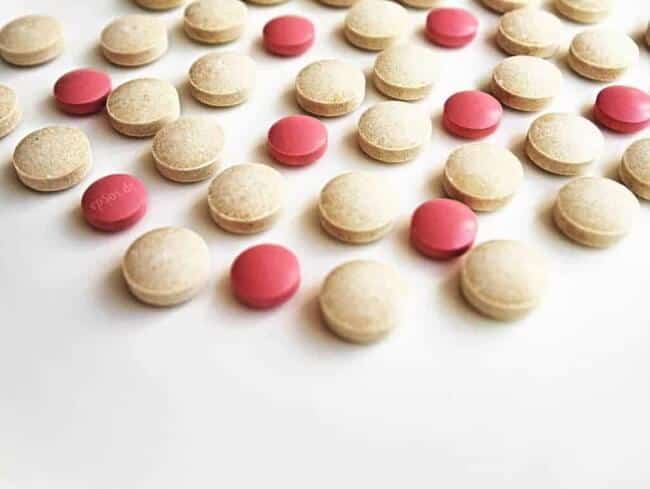
There are many conflicting views about taking medication in recovery. But it is an important consideration after undertaking addiction rehabilitation.
Before many of us give up the drink or drugs, we have been prescribed a cocktail of medication form our doctor: this commonly includes anti-depressants, ant-acid for digestion problems. If we have admitted to an alcohol problem, vitamin supplements and anti-drinking medication. Some of us may be on tranquillisers for panic attacks, or heavy duty pain relief.
To start with, it is vital to get detoxed off the alcohol or drugs as it is only then that any residual medication needs can be identified. Alcohol is a depressant and the effects of alcohol on our daily living and behaviour usually gives us reason to feel low.
Psychological Issues Need to be Addressed
If we can address our psychological issues around our drinking or using. We will be sufficiently strong not to want to drink or use without anti craving medication or meds such as antabuse (which put us off as alcohol and antabuse will cause sickness and other unpleasant symptoms). We may need vitamin supplements to start with (e.g we are often depleted of vitamin B due to drinking too much), once we start to eat healthily, these will no longer be necessary.
That is not to say that none of us will ever need medication again. We will get ill. Some of us may be depressed outside our alcohol concerns and may need anti-depressants. Some of us may have personality disorders and need mood stabilising or anti-psychotic medication. If that is you, you should not feel guilty about the need to take medication to stay or get well. The point is you need to get clean of the alcohol or drugs first. No good psychiatrist will make a diagnosis of a personality disorder for someone who is actively abusing alcohol or drugs.
The important points to bear in mind when considering whether or not to take medication in recovery are as follows:
As someone who used to want to escape from our feelings through the use of alcohol or drugs. Our automatic response will be to turn to chemical relief for uncomfortable feelings and to take more than we should. Look for other solutions for the normal aches, pains and discomforts of day to day living.
Use your 12 Step Programme to keep clean and sober, not chemical relief
Addicts in recovery are particularly susceptible to addictive medication and should avoid all tranquillisers (benzos such as diazepam, lorazepam), stimulants, painkillers including codeine and especially tramadol, and cough and flu remedies containing alcohol.
Should not take sleeping tablets as these too are addictive.
Let your Doctor Know about Your Addiction Tendencies
It helps if your doctor is aware of your addictive tendencies so he or she knows not to prescribe medication that could put your recovery at risk. If your doctor is unaware and you do not advise him or her of this. Then you will need to at least inform him or her of your refusal to take these sorts of medications so an alternative can be prescribed. It is of course better to be honest with your doctor. And any other medical professional such as your dentist.
If you or a loved one have a drink or drug related problem. Please call 01462 851414 for confidential help and advice
